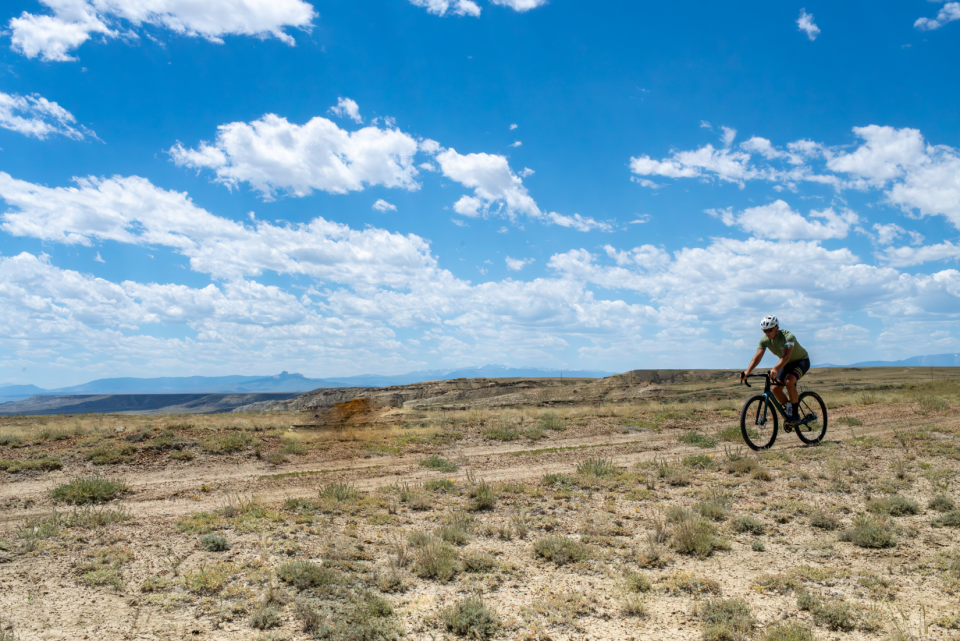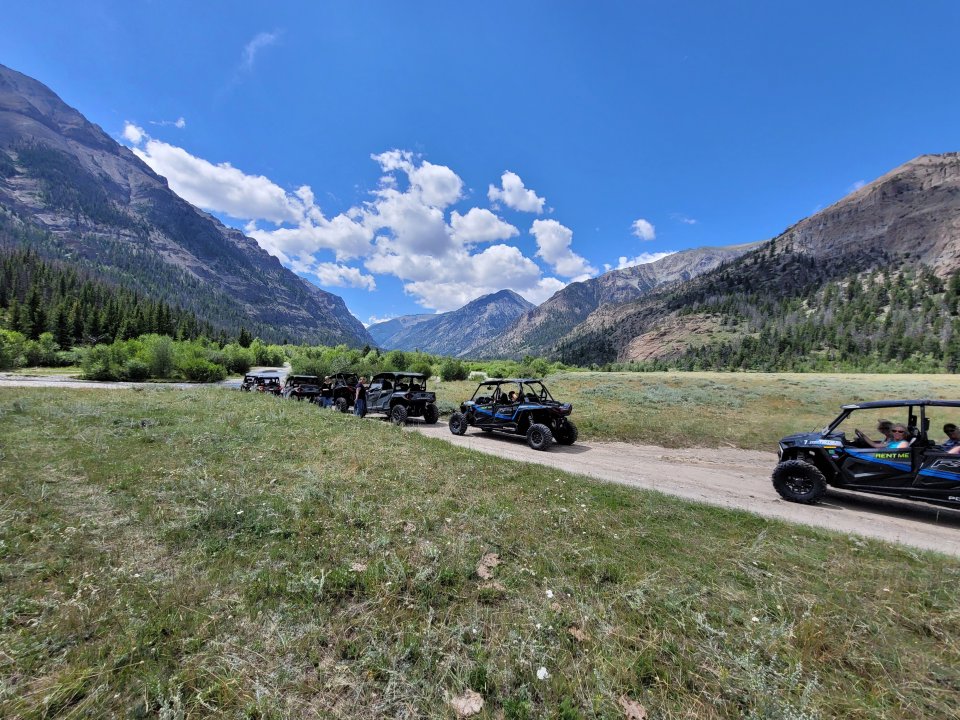EPA partners with Powell Economic Partnership to strengthen outdoor recreation economy
POWELL, Wyo. – Today, U.S. Environmental Protection Agency (EPA), U.S. Department of Agriculture Forest Service, the Appalachian Regional Commission, the Denali Commission and the Northern Border Regional Commission have selected the Powell Economic Partnership to be a part of the Recreation Economy for Rural Communities planning assistance program.
“In Wyoming, we know firsthand how outdoor assets are cornerstones of both economic growth and quality of life in rural communities,” said EPA Regional Administrator Cyrus Western. “By supporting the Powell Economic Partnership, EPA is helping ensure that local leaders have the tools they need to advance their economy, create jobs and safeguard their natural resources.”
The Recreation Economy for Rural Communities (RERC) program helps rural communities leverage outdoor recreation to revitalize their main streets, leading to economic growth and improved environmental protection. This program directly supports Pillars 1 and 3 of EPA’s “Powering the Great American Comeback Initiative” by helping rural communities protect human health and the environment through investment in recreationally focused land uses, as well as connecting these communities with federal and state resources.

“This opportunity allows Powell to build on our incredible outdoor recreation assets while breathing new life into our main streets,” said Powell Mayor John Wetzel. “By investing in our natural surroundings and creating vibrant community spaces, we’re not only strengthening our local economy but also enhancing the quality of life for residents and visitors alike.”
The Powell Economic Partnership will use EPA and federal partner support to create a cohesive outdoor recreation strategy, building trail connections between multiple towns within Park County, Wyoming. They will also identify strategies to maintain natural assets and stewardship of natural resources while planning for outdoor recreation.

The Powell Economic Partnership was among 25 small and rural communities that are planning to undertake a variety of revitalization projects, including:
building new trail systems.
connecting main streets with nearby outdoor recreation amenities.
increasing access to outdoor activities for all residents and visitors.
strengthening outdoor recreation businesses.
building a resilient outdoor recreation economy to withstand disasters, ensuring stable economic vitality.
cleaning up and repurposing vacant properties and buildings.
creating new parks and recreation amenities.
A federal team will partner with each community to guide planning and strengthen local resilience. Participants will work together to develop strategies and specific actions to meet their locally defined goals.
Communities were chosen following a comprehensive interagency review process from a pool of 200 applicants. View the list of the selected communities and projects.
Background
Outdoor activities are increasingly popular across the U.S., and many communities are seeking to grow their outdoor recreation and tourism economy while investing in their main streets and conserving forests and natural lands.
According to the 2025 Outdoor Participation Trends Report, over 181 million Americans over the age of six participated in outdoor recreation in 2024. Sales figures across the industry continue to grow as Americans spent time on outdoor activities such as hiking, fishing, bicycling, boating, swimming, and skiing among many others. These activities can bring new investment and jobs to local economies, benefit health and wellness, raise awareness of the importance of conservation of forests and other natural resources and improve the quality of life for residents and visitors.
In 2023, outdoor recreation activities generated 5 million quality, high paying jobs across a variety of industries, accounting for 3.1% of all employment in the U.S. The U.S. Bureau of Economic Analysis calculated the economic output of outdoor recreation in 2023 to be $1.2 trillion, surpassing industries such as farming, mining and utilities.
